The Egyptian Russian University reveals the accreditation of 4 programs in the Faculty of Engineering from the Federation of Arab Engineers. with documents
Prof. Dr. Sherif Fakhry Mohamed Abdel-Nabi, President of the Egyptian Russian University, announced that the Arab Authority for Engineering and Technological Accreditation, headed by Dr. Adel Ibrahim Al-Hadithi at the Federation of Arab Engineers, has approved all open academic programs at the Faculty of Engineering, after studying the file submitted by the Faculty of Engineering at the university and to ensure the adequacy and fulfillment of academic content, human and material resources, and teaching and learning methods, and to keep pace with the latest developments in engineering sciences, which ensures the quality of programs in all scientific departments within the college campus. This step came as an outcome of the support and directions of the chairman of the University’s Board of Trustees to the necessity of cooperating with all major international bodies and international educational institutions to continuously raise the level of academic education and scientific research within the faculties of the university, and to place the university’s programs in the ranks of the corresponding international programs.
The President of the Egyptian Russian University indicated that the departments accredited by the Federation of Arab Engineers are: “Architecture, Communications Engineering, Construction Engineering, Mechatronics and Robotics”; and according to this decision, the opportunities for graduates to compete in the local, regional and global labor markets are increased. This step allows the graduate of the Faculty of Engineering at the “Egyptian Russian University” to work easily in the Arab countries that are members of the “Union of Arab Engineers”, without making an equation or taking exams for him, and facilitating the issuance of work permits from The engineering unions of those countries without any conditions to practice the profession in the Arab countries, pointing out that work is underway to develop new programs and specializations to keep pace with scientific development in the field of engineering, and to keep pace with future jobs locally, regionally and globally.
In the same context, Prof. Dr. Alaa Mohamed El-Batch, Dean of the Faculty of Engineering at the Egyptian Russian University, confirmed that among the objectives of the accreditation of the “Arab Organization for Engineering and Technological Accreditation” for the college’s programs to provide freedom of movement and work for college graduates throughout the Arab world, especially the Gulf countries defended by the Federation of Arab Engineers for their professional rights, raise their level “professionally, socially, and morally, and raise the level of their scientific, practical and professional competence permanently by taking advantage of scientific and technological information centers in all Arab countries affiliated with the Federation of Arab Engineers.. This comes as a continuation of the university’s efforts in carrying out its tasks entrusted to it towards its students and preparing them to become qualified graduates with the latest knowledge, skills and best behavior to carry out their duties effectively, which is reflected in the quality and progress of Arab engineering systems locally, regionally and globally.
The Dean of the Faculty of Engineering at the Egyptian Russian University explained that the faculty administration always seeks to support the integration of the educational and research process with all international educational institutions and major international universities to contribute to the advancement of international classifications approved by developed countries in engineering education and scientific research and to prepare a graduate capable of competing in the “local, regional, and international” labor markets, under the umbrella of the comprehensive quality system followed by the university presidency and adopting the method of education based on capacity-building and moving from dealing with traditional curricula by focusing on transferring knowledge to dealing with it in modern forms that develop skills And behaviors as well, and ensures that they keep pace with the rapid development in all fields and the application of modern teaching and learning methods that develop creativity and innovation.

